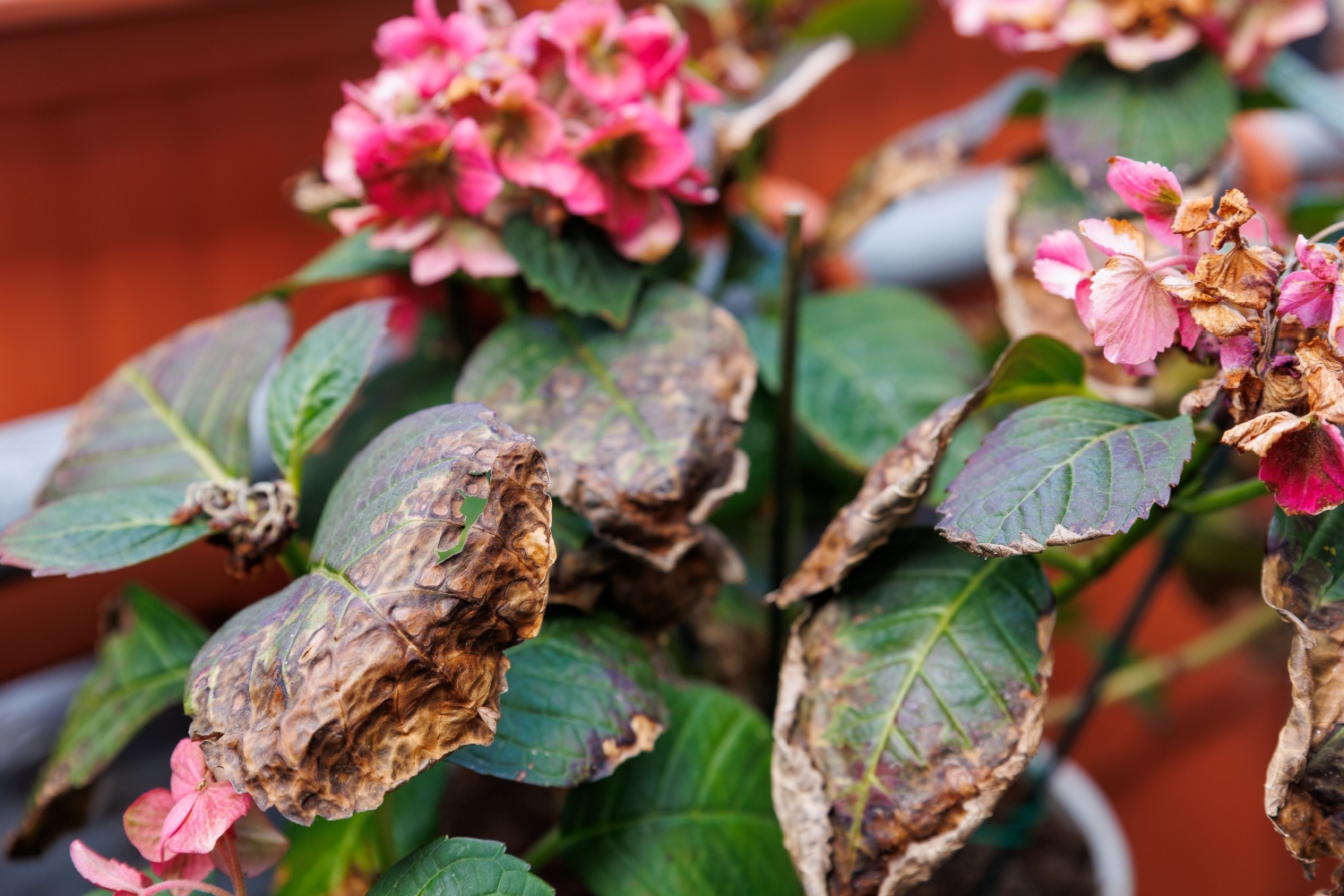Backyard veggie and fruit growers worried about recently extreme heat and your garden crops, perhaps you are seeing signs of heat stress impacts on your produce. How to mitigate that? While most will say, add water and lots of it, North Carolina State University Extension expert Minda Daughtry says there needs to be consideration how to go about it.
“It’s not a set it and forget it strategy. For the most part, you need to pay attention to how the system is supposed to work and give it what it needs.”
So for example, with watering…
“A systematic approach is needed provide the plants the adequate water that that particular type of plant needs, especially when it’s hot and especially when it’s dry. Really want that water to be deep and slow, because we want those roots to go after that water. The deeper they are, the less prone they’re going to be to be affected by surface temperature changes.”
That approach is where the gardener advice of watering in the morning comes from. Daughtry says drip irrigation is most effective in managing heat stress effects on plants.
“When it comes to soil moisture retention, you really want to apply a really nice layer, not too thick and not too close to stems and things like that, of trunks of organic mulch, like straw or pine needles or brass clippings that have not been sprayed with herbicides or things like that, around those plants to keep a blanket around those root systems, so that you don’t have so much activity going on, then they’re shading your vegetable and fruit plants shade cloth or something like that, to protect them from direct suns. That’s a great benefit, of you can do that.”
If you still wish to plant additional items for your garden this summer, Daughtry says consider heat tolerant varieties.
“There’s been a lot of work that has been done along those lines, and you just need to investigate that and with some due diligence.”
Also, gardeners should consider adjusting planting times.
“For example, if you’re really a spinach lover… cool season crops planting earlier, or choosing those varieties that mature quickly before we really get things by the hot weather.”
Beyond plant care, also remember YOU care.
“You don’t want to get out there and mess around too much. Avoid planting or transplanting during a heat wave. Not good for you either.”
And do not fertilize plants during extreme heat.
“When you fertilize, you encourage new growth, and that new growth needs more help, more resources, and that adds to the plant stress.”
So just hold off from fertilizing and wait for it to cool down. That thought process also applies to applications of plant disease and insect pest chemicals. One more tip.
“Take a look at your weed situation, because weeds are going to compete with those plants for the water and the nutrients that are already there. So removing them is really important to cope with the heat waves in the drought situation.”


